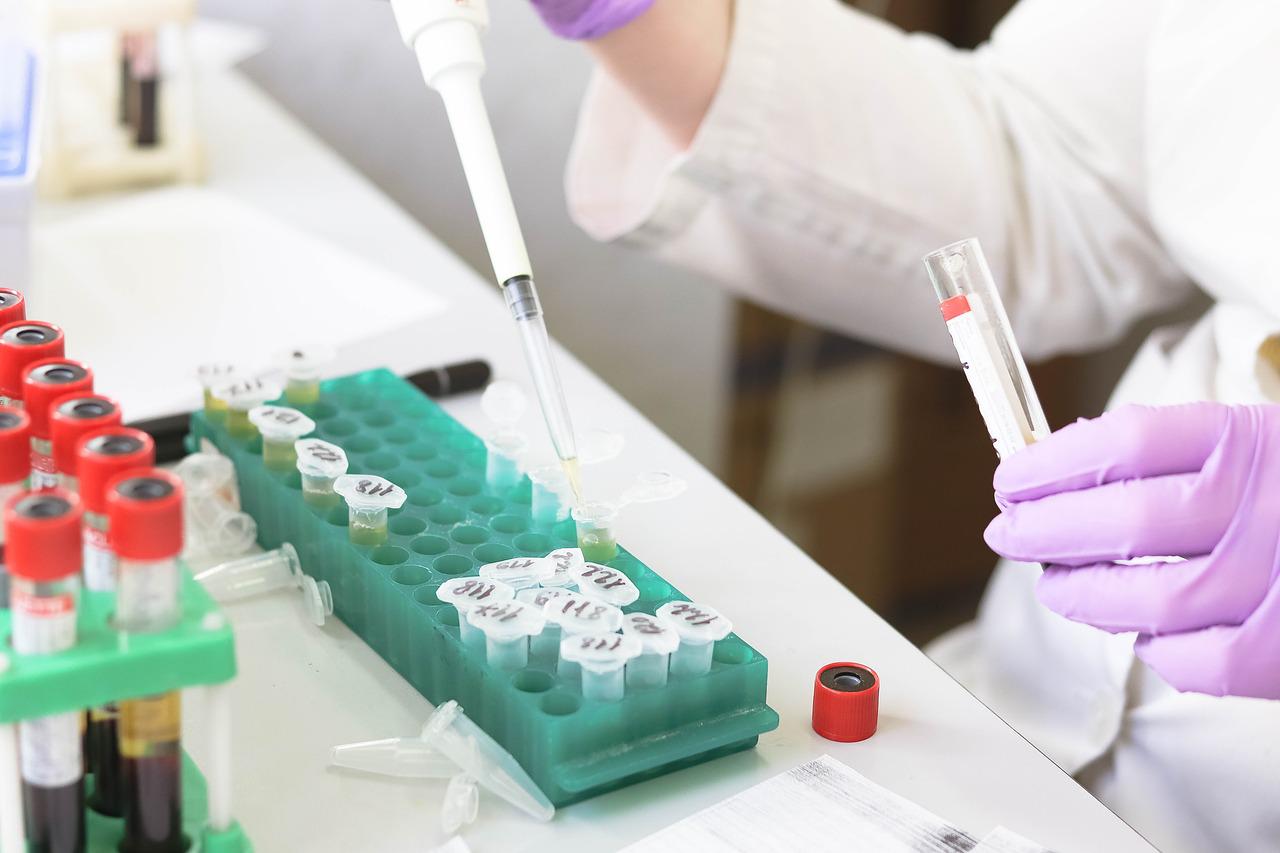Depression is a severe mental illness that can profoundly impact a person’s life. And it’s different for everybody. It can often be difficult for individuals who are not dealing with depression to understand the extent of the struggle that their loved ones are going through. However, there are many ways that you can still show your loved ones that you support them and help them work through their depression. In this article, we will discuss some of the best ways that you can support a loved one battling with depression.
#1: Educate Yourself About Depression
If you want to support a loved one battling with depression, the absolute first step is to educate yourself about this condition. Read books, articles, and other resources to gain a better understanding of what depression is like and all the ways it can affect people. That will help you empathize with your loved one by better understanding all the challenges they’re facing. But your research doesn’t have to stop there.
If you want first-hand accounts, you can contact support groups, workshops, or mental health organizations to learn more about the condition. This way, you’ll also be able to connect with others who have had similar experiences. Knowing things about depression and all the symptoms can also help you identify potential triggers or warning signs in your loved one, which can help you provide support before their symptoms escalate.
What is Depression?
Depression is a mental health condition resulting in protracted sadness, hopelessness, and lack of interest in life. Additionally, it may result in bodily symptoms like fatigue, problems sleeping, and shifts in appetite. Genetic, biochemical, environmental, and psychological variables can contribute to depression. Family background of depression, significant life shifts, trauma, chronic stress, and specific medical conditions are typical risk factors.
Symptoms of depression can vary from person to person, but some common signs and symptoms include persistent sadness, anxiety, or emptiness. Moreover, depressed people often experience changes in appetite or weight and difficulty sleeping or sleeping too much. All of this can cause a feeling of low energy and fatigue, and difficulty concentrating. In more extreme cases, depressed people experience highly negative thoughts of suicide or self-harm. That’s why it’s crucial to talk about this condition and not let depression go untreated.

#2: Be Patient and Understanding
As you probably know, depression can be challenging to live and deal with. Your loved one may need a long period to process thoughts and emotions before finally feeling better. Therefore, you must exercise patience and understanding throughout this process. Let your loved one know that you care for them and will always be there for them. Tell them how much you support them, no matter what. If you do your research, as we suggested, you can also try to put yourself in their shoes and imagine what it must be like to experience depression. That may allow you to show them more kindness and empathy.
#3: Offer Practical Help
People with depression may struggle to complete everyday chores like cleaning, cooking, and conducting errands. In some more extreme cases, people with depression can even have trouble getting out of bed and caring for their hygiene. Offering your loved one concrete assistance can be a fantastic method to support them. For example, you can offer to prepare food for them, go to the store, or assist with other chores around the house. You probably can’t even comprehend how big of a deal this kind of assistance can be.
By taking care of some chores and everyday duties for them, you’ll help them alleviate the stress and anxiety they’ve been feeling. Alternatively, you can ask them to do all these things together. That can make them feel like they’re not alone and feel more motivated to get the job done. Moreover, you can turn the whole day into a hangout and try to make these activities seem fun.
#4: Encourage Them to Seek Professional Help
Support from you is crucial, but it’s also critical that your loved one get help from an expert. Encourage them to consult a counselor or psychologist if they need help with their mental health. That may give them the required instruments and sources to overcome their depression. Moreover, during these sessions, they’ll start creating new healthy coping strategies to manage their symptoms. If your loved one is hesitant, try to offer assistance in finding a mental health professional to talk to. And, if they feel too scared, offer to go with them.
Because various individuals may have different perspectives, you might also want to reconsider your language when discussing depression treatment. Some people, for instance, might not know how to explain how they feel about the term “depressed” and instead may interpret their symptoms as being “stressed out” or “not myself,” for example. According to Bright Futures Treatment Center Florida experts, treatment like this can be crucial, especially in cases of a dual diagnosis. That’s why many rehab centers offer personalized care focusing on addiction and mental health issues. Only with this comprehensive approach can you see real, lasting results.
#5: Be a Good Listener
Talking with another person is good. However, sometimes, people don’t need to hear the other side of your opinion on the matter. Instead, they just need to be heard. Sometimes, the best way to support a loved one battling with depression is simply to hear them out. Allow them to share their thoughts and emotions while you listen to them without passing judgment. Tell them you’re there for them and that you’re behind them. To get them to talk more about their experiences and emotions.

#6: Stay Connected
Your loved one may feel isolated from others because of depression. So, keep in touch with them and visit them frequently. Go above and beyond. Invite them to spend time with you, give them a call, or send them an email. To make them feel included and linked, you can include them in the activities and events you find enjoyable. They may feel more encouraged and less isolated as a result of this.
However, in some cases, your loved one might try to push you away because of their feelings. You mustn’t let them do that. Instead, be very present. Setting up a routine for them is also very beneficial. For instance, you might make an effort to go for a walk together each day. Regular exercise can improve happiness and reduce tension by releasing endorphins and other brain compounds known as neurotransmitters. Behavioral activation, a type of therapy for depression, entails getting involved in things that one finds necessary, like helping or exercising to one’s liking. It’s essential to support your loved one in engaging in things that make them happy, but don’t overdo it.
#7: Don’t Forget to Take Care of Yourself
Providing mental support to a loved one struggling with depression can be taxing. There’s nothing wrong with admitting that. However, you can’t offer help if you need help. That’s why it’s critical to exercise self-care and look after oneself. That might entail getting enough sleep every day, maintaining a healthy diet, and participating in hobbies you like. If you didn’t do this before, you’d notice a considerable change after you start taking care of yourself. For starters, you’ll be a stronger support system for your loved one if you look after yourself.
However, suppose you need help controlling your feelings and tension levels. In that case, you can also attempt to enlist the assistance of others, such as friends, family, or a psychiatrist or counselor. Talking to an expert in mental health can help you on your journey and help you by giving you advice for dealing with your loved one battling depression.
How to Find the Right Professional to Help Your Loved One
Finding a suitable psychologist or therapist for a loved one can be challenging, but getting them the assistance they require is necessary. So, for starters, make a roster of therapists who specialize in addiction and depression after doing some research. Finding a therapist specializing in both conditions shouldn’t be too hard since they often occur together. In some cases, depression can cause addiction; in others, it can go the other way around.
While researching therapists, take into account the tastes of your loved one concerning gender, age, place, and other aspects. For instance, they might feel more at ease seeing a therapist who is also their gender or close to their place of employment. Similarly, while this isn’t talked about enough, some black people prefer talking to a therapist who has a similar background and can better understand them.
In the end, check the qualifications of each prospective therapist on your list. Verify their education, certification, and expertise in treating addiction and depression. Ask your friends and family about their own experiences with this person. Check with other medical professionals about whether they’d recommend this particular therapist.
How to Know if The Treatment Isn’t Working
There are many subtle indicators that therapy impacts how your loved one appears and behaves. Someone with depression may begin to make better eye contact with you as they get better instead of glancing down out of fear or vulnerability. They’ll also smile, isolate themselves less, and even eat better.
On the other hand, the lack of such signs might indicate that a person’s depression is likely not getting better and may even worsen. Whether your loved one is considering suicide is a severe worry if things don’t improve. In this case, major red flags include buying a gun, obsessing with violence, mortality, or expiring, and saying “goodbye” to individuals as if they will disappear.
If your loved one exhibits any indications that they are thinking about or preparing to commit suicide, advise them to find a different type of treatment.
Conclusion
It can be challenging to support a loved one battling with depression, but it’s also crucial. You can assist your loved one in overcoming melancholy and feel supported throughout the process by educating yourself, being patient and understanding, and taking care of yourself. Keep in mind that your encouragement and support can have a significant impact on your loved one’s road to recovery.
Article by Sally Norton




